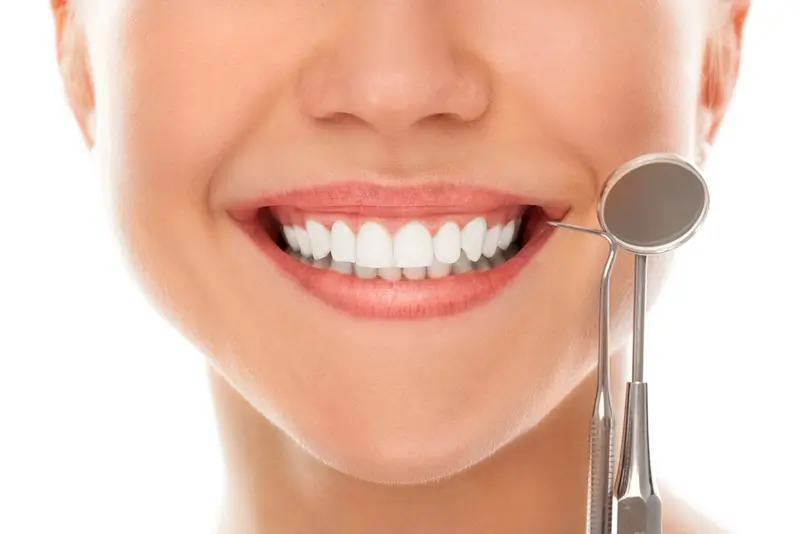Preventing gum disease requires ongoing care for your teeth and gums. It's not simply a matter of acting when there's a problem – you need to stay on top of your oral hygiene to ensure long-term gum disease prevention.
Let's discuss what gum disease is and how you can prevent it in the long-term.
What is gum disease?
There are two main forms of gum disease: gingivitis and periodontitis.
Gingivitis is early-stage gum disease, and the result of plaque build-up agitating the tissue around your teeth. This condition generally presents as sore, red and inflamed gums, which might also bleed when you brush or floss. Persistent bad breath is also a common symptom. If left unchecked, gingivitis can escalate into periodontitis.
Periodontitis is an infection occurring when bacteria from built-up plaque is allowed to damage your gums. It can lead to loose and shifting teeth as well as pus in your gums. If periodontitis is not treated, it's possible teeth will fall out or require extraction.
There's also a chance periodontial bacteria will spread to other systems of the body and aggravate existing inflammatory conditions. Periodontitis cannot be treated at home – you must seek care from a dental professional.
While gingivitis may not seem too scary, it can quickly develop into advanced gum disease. Preventing gum disease requires routine oral health care and long-term thinking.

Preventing gum disease in the long-term
Identifying you have gum disease is the first step to treating it. If you recognise your gums are inflamed, it's important to pay careful attention to your oral health routine. Gingivitis can be treated with regular and thorough brushing and flossing.
However, if you're not aware of your own oral health or don't book regular visits to the dentist, it's possible you can develop periodontitis without even realising. Consequently, you'll require professional dental care to treat the issue.
For this reason, it's important you maintain excellent oral health care to prevent gum disease from developing in the first place.
Here's what you need to do to achieve long-term gum disease prevention:
- Brush your teeth every morning and night with fluoride toothpaste. Ensure you brush for two to three minutes, using a gentle circular motion. Hold your brush at a 45-degree angle and brush along your gum line to remove plaque nearest the gums.
- Use a soft-bristled toothbrush. Harder bristles can agitate your gums, lead to overbrushing and may not be as effective in removing plaque.
- Floss twice a day – generally after meals. This helps to remove plaque from between your teeth as well as any food debris.
- Schedule regular dental check-ups and hygienist appointments. Visiting your dentist once every six months means you can have a professional's insight into the health of your gums. It's not always possible for the untrained eye to notice warning signs of plaque build-up, gingivitis or periodontitis.

Gum disease risk factors
In addition to the above preventive care steps, there are a number of risk factors you might like avoid to reduce the likelihood of developing gum disease. These include:
- Sugary foods: Food and drinks high in sugar are known to contribute to the proliferation of plaque. A poor diet may also cause your body to be less capable of fighting infections like periodontitis.
- Smoking: Both tobacco and cannabis use have been correlated with higher risk of developing gum disease.
- Grinding teeth: If you grind your teeth, the extra pressure on your gums could accelerate agitation and deterioration in the presence of excessive plaque.
- Certain medications: Some medication, such as anti-depressants, may have side effects which impact your oral health. This shouldn't stop you from taking medication you need, but it's important to be open with your dentist so they properly diagnose conditions and administer treatment and advice.
To discuss your oral health or book a checkup, schedule an appointment online or call City Dentists on 04 978 4964.
